Primary 3 Maths Curriculum
Below, you’ll find all the primary 3 topics in KooBits. These are aligned to Singapore MOE’s syllabus, a globally-recognised curriculum. Use it to track your child’s progress before exams!
If you need extra practice, we have 100,000+ P1-P6 questions to help your child master the syllabus at their own pace. Start your trial today to revise P3 syllabus today ↓
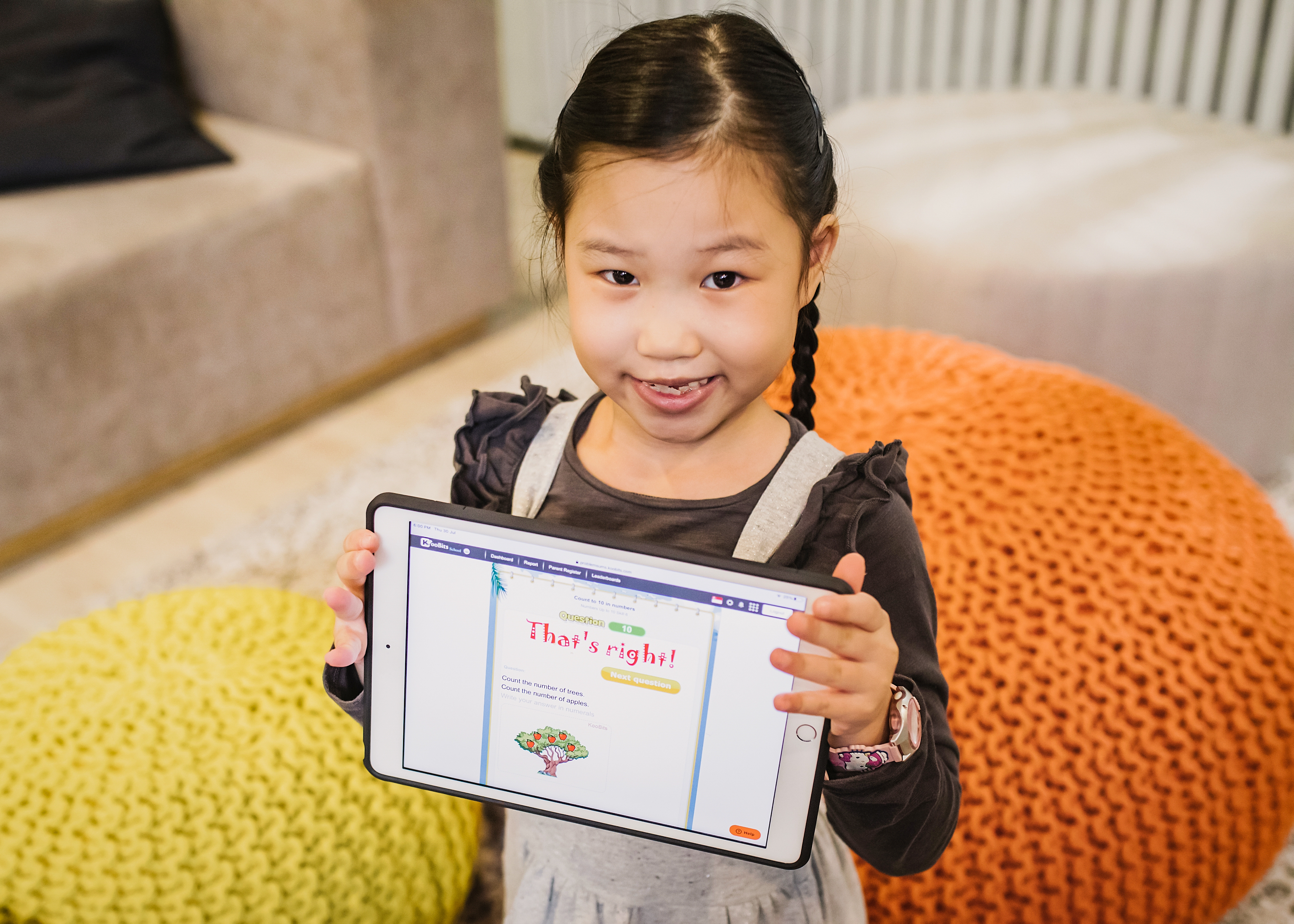


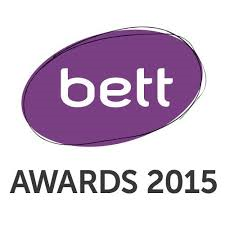
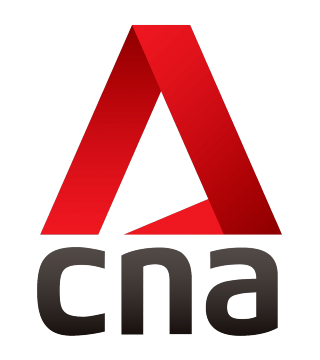


Numbers To 10000
- Reading and writing numbers in numerals
- Reading and writing numbers in words
- Count to 10 000
- Use a place value chart to show numbers to 10 000
- Number notation, representations and place values
- Compare numbers with different digits in the thousands place
- Compare numbers with the same digits in the thousands place
- Compare numbers with the same digits in the thousands place and hundreds place
- Order numbers using a place value chart
- Number patterns within 10 000
- Form smallest/biggest odd/even number with 4 given digits
Addition & Subtraction Within 10000
- Meaning of Sum
- Meaning of Difference
- Add 4-digit numbers without regrouping
- Add 4-digit numbers with regrouping in hundreds
- Add 4-digit numbers with regrouping in ones, tens and hundreds
- Subtract 4-digit numbers without regrouping
- Subtract 4-digit numbers with regrouping in thousands and hundreds
- Subtract 4-digit numbers with regrouping in ones, tens, hundreds and thousands
- Subtract 4-digit numbers across zeros
- Solve 1-step word problems
- Solve 2-part word problems
- Solve 2-step word problems
Multiplication Tables of 6, 7, 8 and 9
- Build up the multiplication table of 6
- Build up the multiplication table of 7
- Build up the multiplication table of 8
- Build up the multiplication table of 9
- Division facts of 6
- Division facts of 7
- Division facts of 8
- Division facts of 9
- Divide to find the number of items in each group using related multiplication facts of 6, 7, 8 and 9
- Divide to make equal groups using related multiplication facts of 6, 7, 8 and 9
Multiplication & Division
- Multiply a 2-digit number by a 1-digit number without regrouping
- Multiply a 3-digit number by a 1-digit number without regrouping
- Multiply a 2-digit number by a 1-digit number with regrouping in ones and tens
- Multiply a 3-digit number by a 1-digit number with regrouping in ones, tens and hundreds
- Quotient and Remainder
- Divide a 1-digit number by a 1-digit number without a remainder
- Divide a 2-digit number by a 1-digit number with a remainder
- Divide a 2-digit number by a 1-digit number without regrouping and remainder
- Divide a 3-digit number by a 1-digit number with regrouping without a remainder
- Use part-whole models to solve multiplication problems
- Using comparison models to solve multiplication problems
- Use comparison models to solve two-step multiplication problems
- Use part-whole models to solve division problems
- Use comparison models to solve division problems
- Use models to solve two-step problems involving whole numbers
- Two-step problem involving multiplication and subtraction
Money
- Value of $1000
- Add the dollars only
- Add the cents only
- Add the dollars and cents using number bonds
- Add dollars and cents by first adding cents to make one dollar
- Add dollars and cents by first making dollars
- Add money by adding one dollar and subtracting the extra cents
- Add money by first changing dollars and cents to cents
- Subtract the dollars only
- Subtract the cents only
- Subtract the dollars and cents using number bonds
- Subtract money by subtracting one dollar and adding the extra cents
- Subtract money by subtracting whole dollars and adding the extra cents
- Subtract money by first changing dollars and cents to cents
- Find the sum of two amount represented as dollars in decimal notation and cents respectively
- Solve two-step word problems involving money
Length
- Measuring length in metres and centimetres
- Convert metres and centimetres to centimetres
- Convert centimetres to metres and centimetres
- Measuring length in kilometres and metres
- Convert kilometres and metres to metres
- Convert metres to kilometres and metres
- Solve one-step word problems involving length
- Solve two-step word problems involving length
Mass
- Read scales in grams
- Read scales in kilograms and grams
- Convert kilograms and grams to grams
- Convert grams to kilograms and grams
- Solve one-step word problems involving mass
- Solve two-step word problems involving mass
Volume
- Use litres and millilitres to measure capacity
- Use measuring cups to measure volume
- Use measuring cups to measure in litres and millilitres
- Convert litres and millilitres to millilitres
- Convert millilitres to litres and millilitres
- Solve one-step word problems involving volume
- Solve two-step word problems involving volume
Time
- Tell and write time to 1 minute
- Tell time and use the terms “past” and “to”
- Convert hours to minutes
- Convert hours and minutes to minutes
- Convert minutes to hours and minutes
- Find duration
- Find duration in hours and minutes
- Find the end time given the start time and duration
- Find the start time given the duration and end time
- Add time without regrouping
- Add time with regrouping
- Subtract time without regrouping
- Subtract time with regrouping
- Solve word problems involving addition and subtraction of time
Fractions
- Understand numerators and denominators
- Write the equivalent fraction of a given fraction
- Use multiplication to find equivalent fractions
- Use division to find equivalent fractions
- Express a fraction in its simplest form
- Compare unlike fractions using multiplication
- Compare unlike fractions using division
- Order like fractions
- Compare fractions with the same numerator
- Compare and order unlike fractions
- Add fractions
- Subtract fractions
Angles
- Find angles in shapes and objects around you
- Count the number of sides and angles of shapes
- Compare angles to right angles
- Find right angles in shapes
- Identify right angles from given figures “
- Identify obtuse angles from given figures ”
- Identify acute angles from given figures
Perpendicular And Parallel Lines
- Identify perpendicular lines
- Identify parallel lines
- Identify horizontal and vertical lines
- Identify perpendicular relationship between lines
- Identify parallel relationship between lines
Area and Perimeter
- Count square tiles to find area
- Use square units and half-square units to measure area
- Find the area of plane figures in square centimetres
- Find the area of plane surfaces in square metres
- Find the area of squares and rectangles
- Find areas involving squares and triangles
- Find the perimeter of a figure
- Solve word problems involving the area of squares and rectangles
- Solve word problems involving the perimeter of squares and rectangles
Bar Graphs
- Make bar graphs from picture graphs
- Read and interpret vertical bar graphs
- Read and interpret horizontal bar graphs
High-ability - Numbers To 10000
- Addition of two numbers written as thousands/hundreds/tens/ones
- Add or subtract tens/hundreds to/from a number
- Find a value to an operation in tens/hundreds
- Find a value to an operation expressed in tens/hundreds
High-ability - Addition & Subtraction
- Find the bigger or smaller number, given the difference and the sum of two numbers
- Find the quantity for an event, given the quantity for the other events and the relationship among various events
- Find the secret number, given the events of operations and the final value
- Find the amount for one item, given total amount, amount for another item and the relationship among the items
High-ability - Multiplication & Division
- Find the quantity for each item, given total quantity, remaining quantity and number of items
- Find the quantity for each item, given another quantity-item relationship and number of items
- Find remaining quantity, given total quantity and a repeated quantity relationship
- Find the number of items, given total quantity, final quantity and a repeated quantity relationship
- Find the quantity for an item, given the quantity-item relationship for another item and the relationship among the items
- Find the number of items, given the total quantity and the unitary quantity of each item
- Given quantity of one set and relationship between sets, find quantity for another set
High-ability - Money
- Find the initial amount, given spending amount and final amount
- Find the total amount, given amount for one person and the relationship to the other person. Involve dollar-cent conversion
- Find quantity after an event, given total amount and the price of an item
- Find the amount for one person, given the amount for the other person and the relationship among various persons
- Find the amount for an event needed, given the final amount required, amount for one event and the relationship between events
- Find the total amount, given the amount for one person and the relationship among various persons
- Find the amount for one person, given total amount and the relationship among various persons
- Find the amount for an event, given the initial amount, find amount and amount for another event
- Find the amount for one person, given total amount and the relationship among various persons
- Find the quantity of notes for one denomination given the total value and the quantity of notes for other denominations
- Given total amount, amount remaining and number of sets, find amount in each set
- Given amount for one character and amount relationship, find total amount
- Given total amount, and number in each set, find number of sets with remainder involved
- Given amount for one character and amount relationship, find total amount
- Given total amount and cost of one item, find cost relationship
- Given final amount and events, find initial amount
- Given initial amount and unit amount for one event, find final amount
- Given cost of items and additional amount, find initial amount
- Given amount for one type of notes and change given, find cost
- Given unitary cost and cost condition, find total cost
- Given amounts between different characters, find total amount
- Given relationships between different quantities of items, find cost of one single item
- Given total cost, cost of one item and number of items, find cost of the other item
- Given quantity, amount paid and change amount, find unit price
- Given total quantity, total amount and unit price of one item, find unit price of the other item
- Given unit price and total amount, find quantity of one item
- Given unit price, total amount & difference in unit price, find quantity of one item
- Given two sets of item-cost relationship, find amount for a set of items
High-ability - Measurement
- Given the initial length and an event, find final length
- Given the distance run by one character and distance relationship, find distance run by another character
- Given initial length and unit length in one event, find final length
- Given total height and height for one character, find difference in height by conversion of units
- Given travelled distance and remaining distance, find total distance by conversion of units
- Given total mass and mass relationship, find mass of one item
- Given initial mass and one event, find final mass with conversion of units
- Given initial mass and number of sets, find final mass
- Given mass of one item and total mass, find difference in mass by conversion of units
- Given initial mass and required mass, find final mass by conversion of units
- Given single and repeated volume, find total volume
- Given initial volume and repeated volume, find final volume
- Given unitary volume, find total volume
- Given total capacity and required volume, find initial volume with conversion of units
- Given total volume and unitary volume, find number of containers
- Given total volume and volume relationship, find volume for one character
- Given initial volume and number of sets, find final volume
- Given total volume and volume of one item, find difference between volumes with conversion of units
High-ability - Time
- Given time in duration, find time before or after
- Given duration expressed in hours and minutes, convert to minutes
- Find number of days for a given duration
- Given starting and ending time, find duration
- Given ending time and duration, find starting time
- Find ending time given starting time and duration, with concept of past
- Given time for an event and relative time on a watch, find actual time
- Find total time duration given two events
- Find difference in time given two events
- Given ending time and duration of two events, find starting time
- Given starting time and duration of two events, find ending time
- Given starting time and ending time, find part of duration
- Given ending time, duration of events and time relationship, find starting time of one character
- Given amount for unit time, find total amount within a period of time
- Given total time and relationship between time spent, find duration for one event
High-ability - Fractions
- Solve word problems involving the sum of two given fractions
- Solve word problems involving the difference between 1 whole and related fractions
- Given initial quantity and one event, find fraction of item left
- Given initial quantity and two events, find fraction of item left
- Given initial quantity, fraction of quantity remaining, find quantity in one event
- Given quantities of items, find fraction of one item within a group
High-ability - Bar Graphs
- Bar graph reading, unit value
- Bar graph reading, unit and scale
- Bar graph reading, unit reading, most and least
- Bar graph reading, more or less
- Bar graph reading, unitary item
- Solve problem using data given in a bar graph
- Solve problem using data given in a bar graph with two or more bars




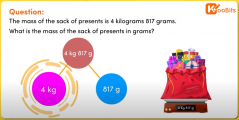
Videos To Teach P3 Syllabus For You
Our 1,000+ videos bring boring maths topics to life through exciting animations and colourful visuals. These videos are easy to understand, can be played repeatedly, and are perfect learning tools for a digital-first generation.
• Watch and learn anytime, anywhere.
• Every video links to a specific P3 maths topic.
• No supervision required. 100% self-directed learning.
Watch animated videos for free ↓

Master Syllabus Through Habit-Building
KooBits makes learning the P3 syllabus easy by creating a habit-forming environment. We use healthy rewards and motivational cues to encourage students to practice daily.
• Promotes self-directed learning.
• More efficient than cramming for exams.
• The healthier alternative to YouTube/Netflix/Disney+.
Master primary 3 syllabus quickly ↓

Connect P3 Syllabus To Real-World Problems
We make the syllabus more exciting and relevant by going into the “why” behind maths. There are over 90 hours of educational content, showing students how to use these topics to solve real world problems.
• Broaden students’ knowledge of the world.
• Helps students to apply the skills learnt under each topic.
• Aids long-term memory and recall of syllabus.
Watch enrichment videos for free ↓

